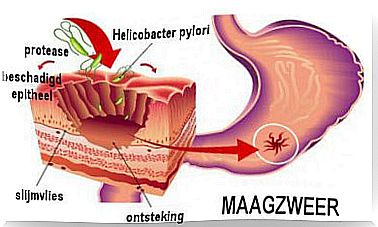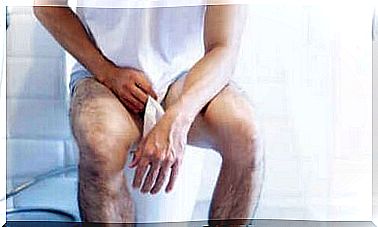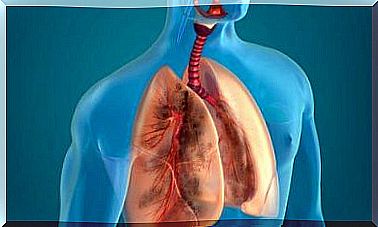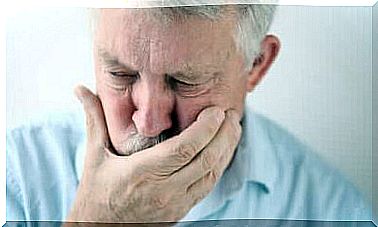What Are The Causes Of Dysphagia?
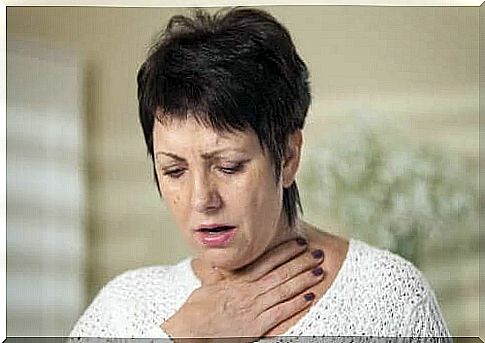
In this article we tell you about the causes of dysphagia and what you can do to reduce its impact. When we talk about dysphagia, we mean a condition that makes it difficult to ingest food and liquids.
The sensation is similar to that of a completely stiff throat, and patients may experience nausea if they try to force themselves to swallow. This problem that a number of people are experiencing has a range of causes and can lead to various consequences that you should be aware of.
The causes of dysphagia
This condition is considered a geriatric syndrome as it occurs mainly in the elderly. Below are some of the possible causes of dysphagia (Spanish link):
- Neurological disorders: A number of diseases such as multiple sclerosis, muscular dystrophy, Parkinson’s disease and others can cause dysphagia. This is because the muscles that participate in swallowing do not function correctly.
- Cancer: One of the symptoms that can be a sign of throat cancer is difficulty swallowing. However, undergoing treatments such as radiotherapy and chemotherapy can also lead to the same consequences.
- Gastroesophageal Reflux: With frequent reflux, the esophagus can become injured, leading to scarring and narrowing of this tube.
- Foreign bodies: Sometimes dysphagia can result from foreign bodies lodged in the throat. A piece of unchewed meat or a lack of teeth are common causes of dysphagia.
These are just some of the possible causes of dysphagia, although there are others that can cause this symptomatology. For example, achalasia, which results from not properly relaxing the muscles of the esophagus, can also cause dysphagia. Now that you know the possible causes of dysphagia, let’s look at the possible consequences.
The consequences of dysphagia
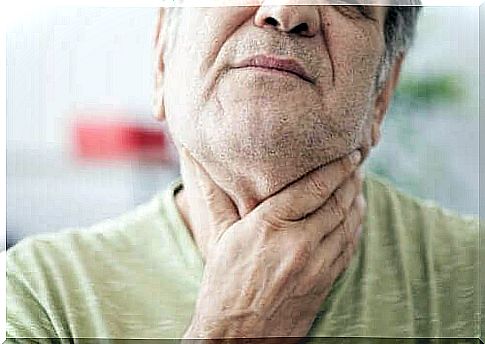
As we mentioned, dysphagia affects an age group that is already at serious risk. It is therefore important to be aware and consult a doctor if you experience swallowing problems. If you don’t, the condition can lead to serious complications.
To go into detail about the consequences of dysphagia, we refer to the article you will find here. The article is not only about the consequences, but also about various treatment options that are currently available.
Malnutrition
When an elderly person suffers from dysphagia and cannot swallow food or liquids, he or she may become severely malnourished. In fact , the problem can become so severe that the person cannot even swallow his or her own saliva.
In these cases , it is important to adjust one’s diet and administer oral supplements. At the same time, a tool to prevent malnutrition is the use of a tube to deliver the nutrients the patient needs.
Breathing problems

This second complication occurs when a patient involuntarily inhales a piece of food that goes directly into his or her airways. This can make it impossible for a person to breathe, causing respiratory failure.
Dysphagia can lead to pneumonitis through aspiration and even pneumonia. These situations are quite serious and require urgent treatment given the risk they pose to the life of elderly patients.
To treat respiratory problems, the best medicine is prevention. It is therefore important to perform compensatory maneuvers to reduce aspiration and the risk of food blocking the airways.
Issues to keep in mind
In addition to all of the above, there are certain things that are important to keep in mind when suffering from dysphagia. Most importantly, provide the patient with a calm environment and avoid distractions that could lead to aspiration. And above all, you must follow the specific directions of the patient’s doctor.
If you have any of the symptoms characteristic of dysphagia, talk to your doctor. This is especially crucial if you belong to a risk group. Your doctor will perform the necessary tests to verify the diagnosis. He or she will also make a series of recommendations for you to put into practice.
Recall again that prevention is paramount in these cases and that certain exercises can improve a person’s ability to swallow food and liquids.

